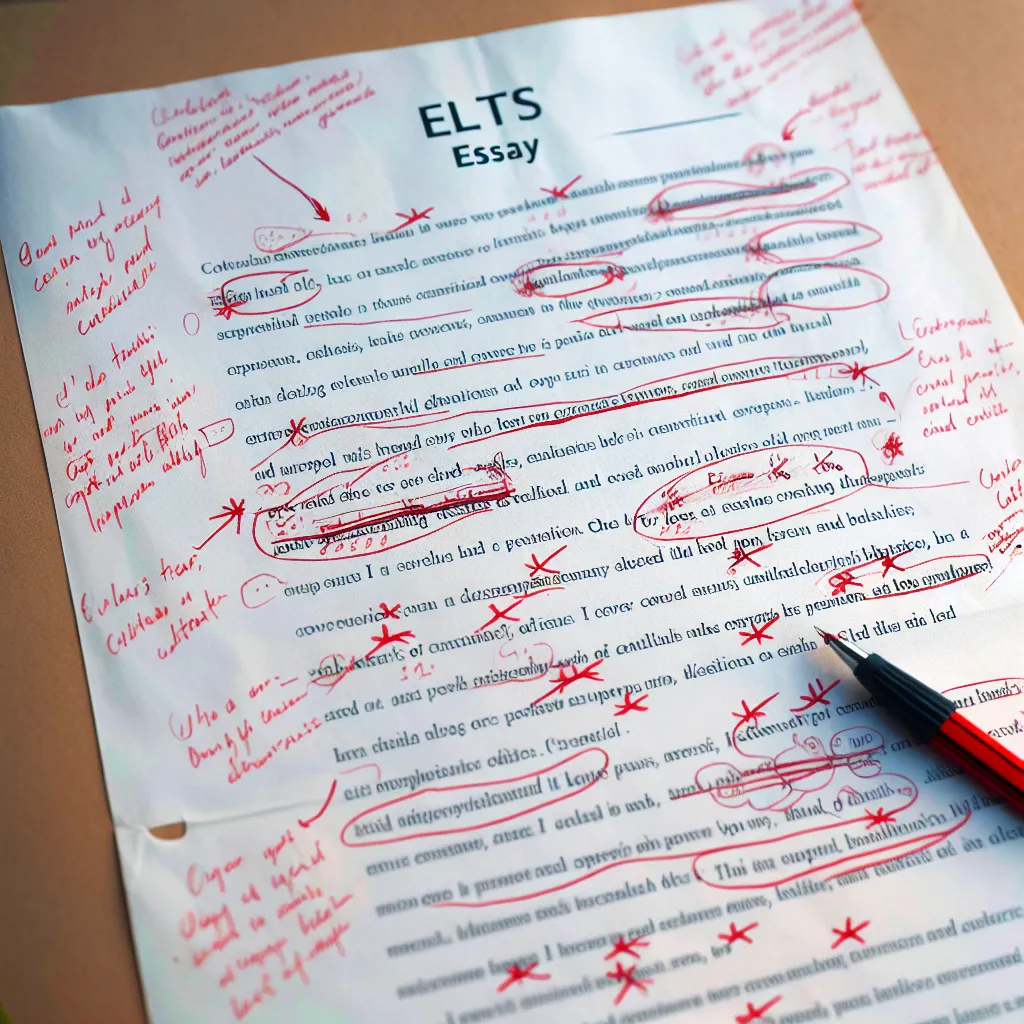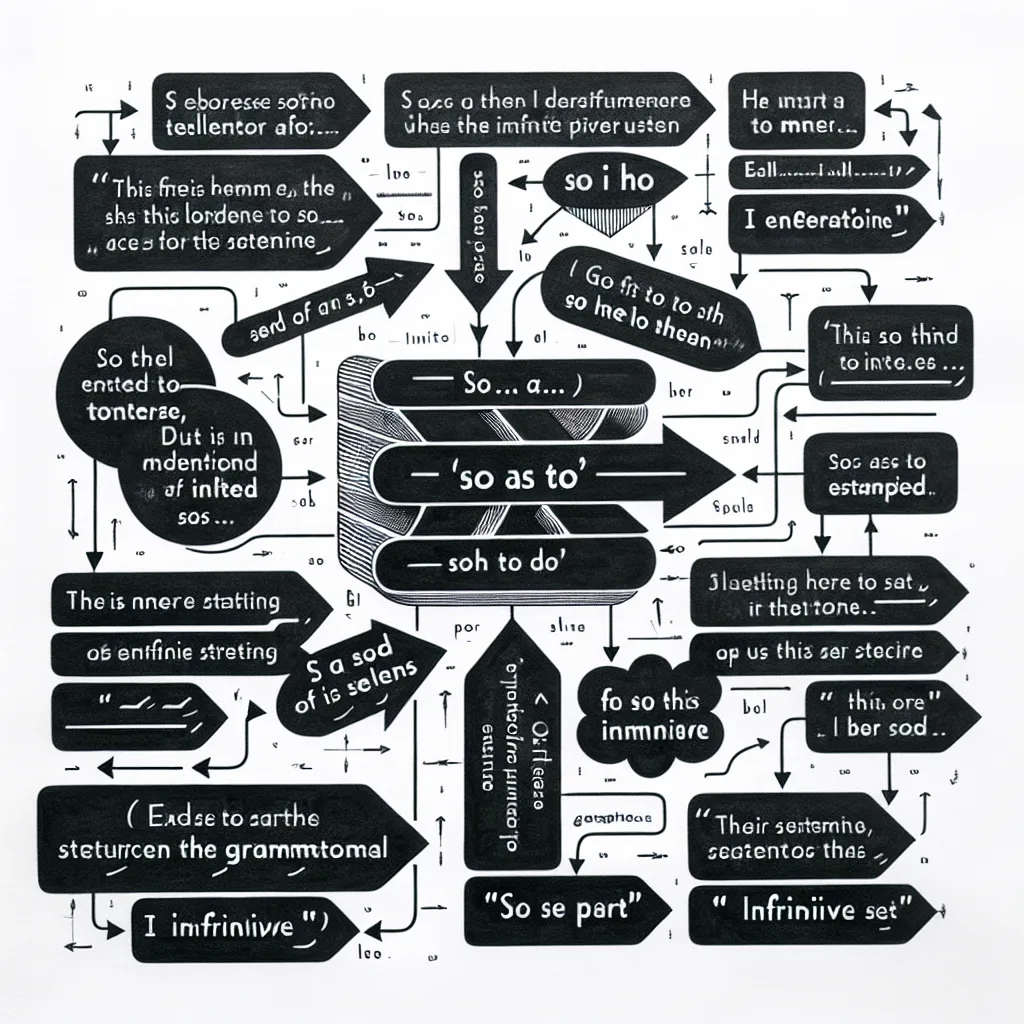The phrase “all but” is a useful expression that can help you achieve a more sophisticated level of English in your IELTS exam. It’s commonly used to mean “almost” or “nearly” and can add nuance to your writing and speaking. Let’s explore how to use this phrase effectively and avoid common mistakes.
Nội dung bài viết
Understanding “All But” in Context
“All but” is an idiomatic expression that means “very nearly” or “almost completely.” It’s used to emphasize that something is very close to being in a particular state or condition, with only a small exception.
For example:
- The project was all but complete when the funding ran out.
- The hurricane all but destroyed the coastal town.
- She was all but certain that she would pass the IELTS exam.
In these sentences, “all but” indicates that the action or state is nearly total, with just a slight margin remaining.
 IELTS preparation materials
IELTS preparation materials
Grammar and Usage in IELTS
Formula and Structure
The basic structure for using “all but” is:
[Subject] + [be verb/other verb] + all but + [adjective/past participle]
It’s important to note that “all but” is followed by an adjective or past participle, not a noun.
Examples:
- The town was all but deserted after the factory closed. (correct)
- The concert was all but sold out by the time I tried to buy tickets. (correct)
- The project was all but completion. (incorrect – “completion” is a noun)
Application in IELTS Writing
In IELTS Writing Task 2, using “all but” can help you express ideas more precisely and showcase your vocabulary range. Here’s an example paragraph:
“In many developing countries, traditional cultures are all but extinct due to globalization. While some argue that this cultural homogenization is inevitable, I believe that governments should take steps to preserve indigenous traditions. Although it may be impossible to completely halt the influence of global pop culture, local customs and languages are all but lost if no efforts are made to maintain them.”
This paragraph demonstrates how “all but” can be used to convey the near-total loss of traditional cultures, adding emphasis and sophistication to the argument.
Enhancing IELTS Speaking Responses
In the Speaking test, using “all but” can help you achieve a higher band score by demonstrating advanced vocabulary usage. Consider this example response to a question about changes in your hometown:
“Well, my hometown has changed dramatically over the past decade. The small shops that used to line the main street are all but gone now, replaced by large shopping centers. The old town square, which was once the heart of our community, is all but abandoned these days. It’s all but impossible to find any traces of the quaint village I grew up in.”
This response effectively uses “all but” to emphasize the extent of changes, showcasing a high level of English proficiency.
Common Mistakes and How to Avoid Them
-
Using “all but” with a noun:
- Incorrect: The stadium was all but capacity.
- Correct: The stadium was all but full.
-
Confusing “all but” with “but all”:
- Incorrect: Everyone but all the youngest children understood the instructions.
- Correct: Everyone but the youngest children understood the instructions.
-
Using “all but” to mean “everything except”:
- Incorrect: She ate all but the vegetables on her plate.
- Correct: She ate everything except the vegetables on her plate.
-
Overusing “all but” in writing or speaking:
- While it’s a useful phrase, using it too frequently can make your language sound repetitive. Vary your expressions for emphasis.
Strategies for High Band Scores
To achieve a higher band score in IELTS, consider these strategies when using “all but”:
-
Use it in complex sentences:
“Although the government has implemented various policies to reduce pollution, the air quality in major cities is all but improved, indicating the need for more stringent measures.” -
Combine it with other advanced vocabulary:
“The once-thriving ecosystem of the coral reef is now all but obliterated, a stark reminder of the devastating effects of climate change.” -
Use it to express nuanced opinions:
“While some argue that traditional media is obsolete, I believe it’s all but irrelevant in the age of social media, as it still plays a crucial role in shaping public opinion.”
 IELTS Writing Task sample
IELTS Writing Task sample
Conclusion
Mastering the use of “all but” can significantly enhance your IELTS performance. By incorporating this phrase into your writing and speaking, you demonstrate a sophisticated command of English idioms. Remember to use it accurately and in context, and balance it with other advanced expressions. Practice using “all but” in various sentences and contexts to become more comfortable with its usage. As you prepare for your IELTS exam, consider how you can integrate this phrase into your responses to showcase your language skills effectively.

